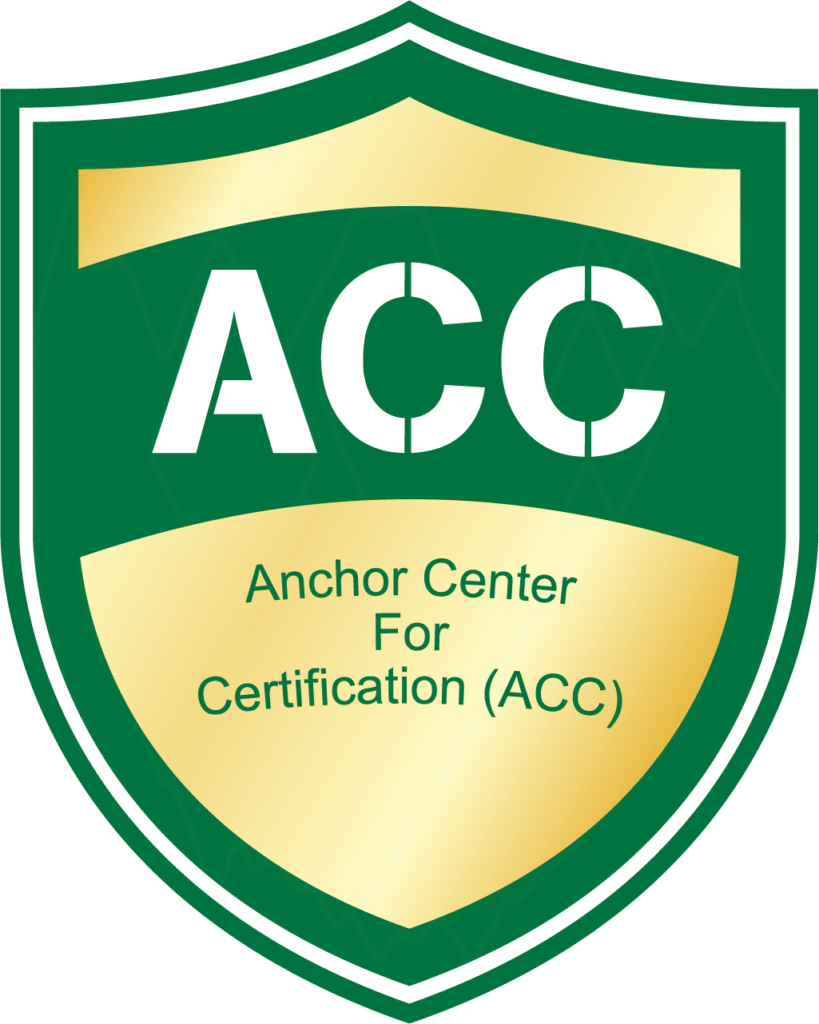USA Regulatory Compliance Consulting
Comprehensive regulatory compliance services for the food, dietary supplement, and animal feed for the U.S. market.

Applicable Objects
This framework applies to new food ingredients, food additives, processing aids, and excipients used in conventional foods, functional foods, foods for special medical purposes, and infant formulas marketed in the U.S. It excludes color additives, which require separate approval.

Compliance Pathway Overview
FDA GRAS
A GRAS notification is submitted to the U.S. Food and Drug Administration (FDA). Once the submission passes administrative acceptance, a GRAS number is assigned. The FDA then conducts a scientific review of the data, and if no safety concerns are identified, issues a “No Objection” letter. The notification and its outcome are published in the FDA’s GRAS Notice Inventory database.
Self-affirmed GRAS
For a Self-affirmed GRAS determination, documentation is submitted to an independent expert panel for scientific evaluation. The panel reviews the data and, if supportive, issues a Self-GRAS Determination Certificate, reflecting its conclusion on safety. Unlike FDA GRAS, this determination is not made public; the documentation is maintained internally by the company for record-keeping.

Our Services
- Feasibility Assessment
- Dossier Preparation
- GMP/HACCP System Development
- Toxicological Testing Assistance and Design
- Toxicological Literature Writing and Publication
- Expert Panel Organization (GRAS Panel)
- FDA Inquiries and Supplemental Responses

Applicable Objects
This process applies to flavor and fragrance ingredients marketed in the U.S.

Compliance Pathway Overview
Companies must first obtain membership in the Flavor and Extract Manufacturers Association (FEMA). As members, they may submit a FEMA GRAS notification for scientific review. If the submission is found acceptable, FEMA assigns a GRAS number and records the ingredient in the FEMA GRAS Substances List.

Our Services
- Feasibility Assessment
- Dossier Preparation
- GMP/HACCP System Development
- Toxicological Testing Assistance and Design
- Toxicological Literature Writing and Publication
- FEMA Inquiries and Supplemental Responses

Applicable Objects
This process applies to new food additive ingredients, proposed changes to their permitted use levels, or modifications to existing conditions of use.

Compliance Pathway Overview
A Food Additive Petition (FAP) is submitted to the U.S. Food and Drug Administration (FDA). Following a scientific review and rulemaking process, the FDA may amend Title 21 of the Code of Federal Regulations (21 CFR) to specify the authorized uses and limits of the additive.

Our Services
- Feasibility Assessment
- FDA Pre-Meeting Support
- Dossier Preparation
- GMP/HACCP System Development
- Toxicological Testing Assistance and Design
- Toxicological Literature Writing and Publication
- FDA Inquiries and Supplemental Responses

Applicable Objects
This requirement applies to dietary ingredients used in supplements that were not marketed in the U.S. prior to October 15, 1994.

Compliance Pathway Overview
A New Dietary Ingredient (NDI) notification must be submitted to the U.S. Food and Drug Administration (FDA). Once the submission passes administrative acceptance, an NDIN number is assigned. The FDA then reviews the safety information, and if no concerns are identified, issues a No Objection letter. The notification and its outcome are published in FDA’s List of NDINs (1995 to Present).

Our Services
- Feasibility Assessment
- Dossier Preparation
- GMP/HACCP System Development
- Toxicological Testing Assistance and Design
- Toxicological Literature Writing and Publication
- FDA Inquiries and Supplemental Responses

Applicable Objects
This process applies to new feed ingredients and additives used in pet food, livestock feed, and aquaculture feed marketed in the U.S.

Compliance Pathway Overview
FDA Animal Food GRAS
A GRAS notification for animal food ingredients must be submitted to the U.S. Food and Drug Administration (FDA). Once the submission passes administrative acceptance, an AGRN number is assigned, and the notification is added to the public Animal Food GRAS Notices Inventory. The FDA then conducts a scientific review of the data, and if no safety concerns are identified, issues a “No Objection” letter.
Self-affirmed GRAS
For a Self-affirmed GRAS determination, documentation is submitted to an independent expert panel for scientific review. If the data support safety, the panel issues a Self-affirmed GRAS Determination Certificate. This determination is not made public; the documentation is retained internally by the company for record-keeping.

Our Services
- Feasibility Assessment
- Dossier Preparation
- GMP/HACCP System Development
- Toxicological Testing Assistance and Design
- Feeding Trial Assistance and Design
- Toxicological Literature Writing and Publication
- FDA Inquiries and Supplemental Responses

Applicable Objects
This requirement applies to U.S. importers and their overseas suppliers of food, food ingredients, and dietary supplements.

Compliance Pathway Overview
Overseas suppliers must register their facilities using the FDA’s electronic registration system (FURLS) and designate a U.S. agent. Once registration is completed, the FDA issues an electronic confirmation of registration.

Our Services
- Overseas Manufacturer FDA Registration Agent (including facility registration and product listing)
- U.S. Agent Services
- FDA Import Alert Response
- Factory Renewal Registration
